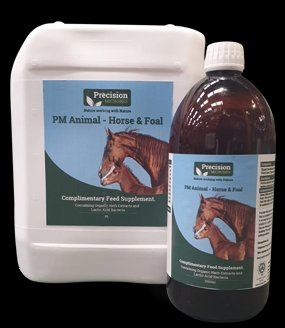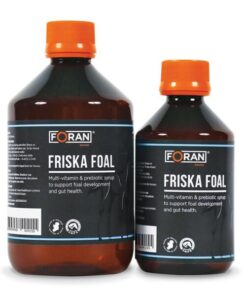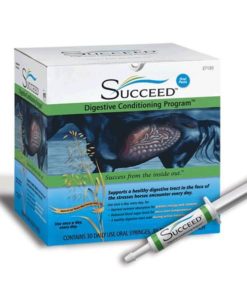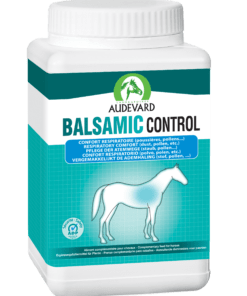Precision Microbes – Horse & Foal
€24.00 – €314.64
A unique blend of live bacteria and their metabolites (postbiotics) that are naturally occurring from the fermentation of gut-enhancing herbs.
The gut microbiome is a vast array of Microorganisms that are based in the digestive tract of ourselves and our animals. It contains bacteria, fungi, yeast, protozoa and other microbes.
It is an exciting area of science in humans and animal health. This complex microbiota is like another organ working in harmony with the digestive tract to do a number of key functions:
- Improve digestive health and function
- Regulate immunity and immune modulation
- Competitive inhibition and acting to inhibit or exclude pathogens.
The bacteria and beneficial microbes play a key role in cell function and the production of enzymes that aid digestion. They do this by producing a vast array of metabolites (postbiotics).
These postbiotics are SCFAs, enterocins, bacteriocins, enzymes, and other metabolites. It is these compounds that regulate cell function and the production of the protective mucous layer by goblet cells.
Seventy percent of immunity is gut-based, with billions of lymphocytes making up the G.A.L.T or gut-associated lymphoid tissue. These immune cells are in the gut wall, dense areas like payers patches, crypts, and mesenteric lymph nodes.
With a healthy microbiome, you can have good immune modulation regulation of immunity. With an unstable microbiome, you can get inflammation and immune dysregulation. These impacts on immunity can be acute but in many of our animals can also be chronic.
With our gut microbiome linked to our lungs, skin, brain, and other organ function. We need to do everything we can to achieve homeostasis in the gut microbiome.
| Size | 1 Lt, 5Lt, 20Lt |
|---|





